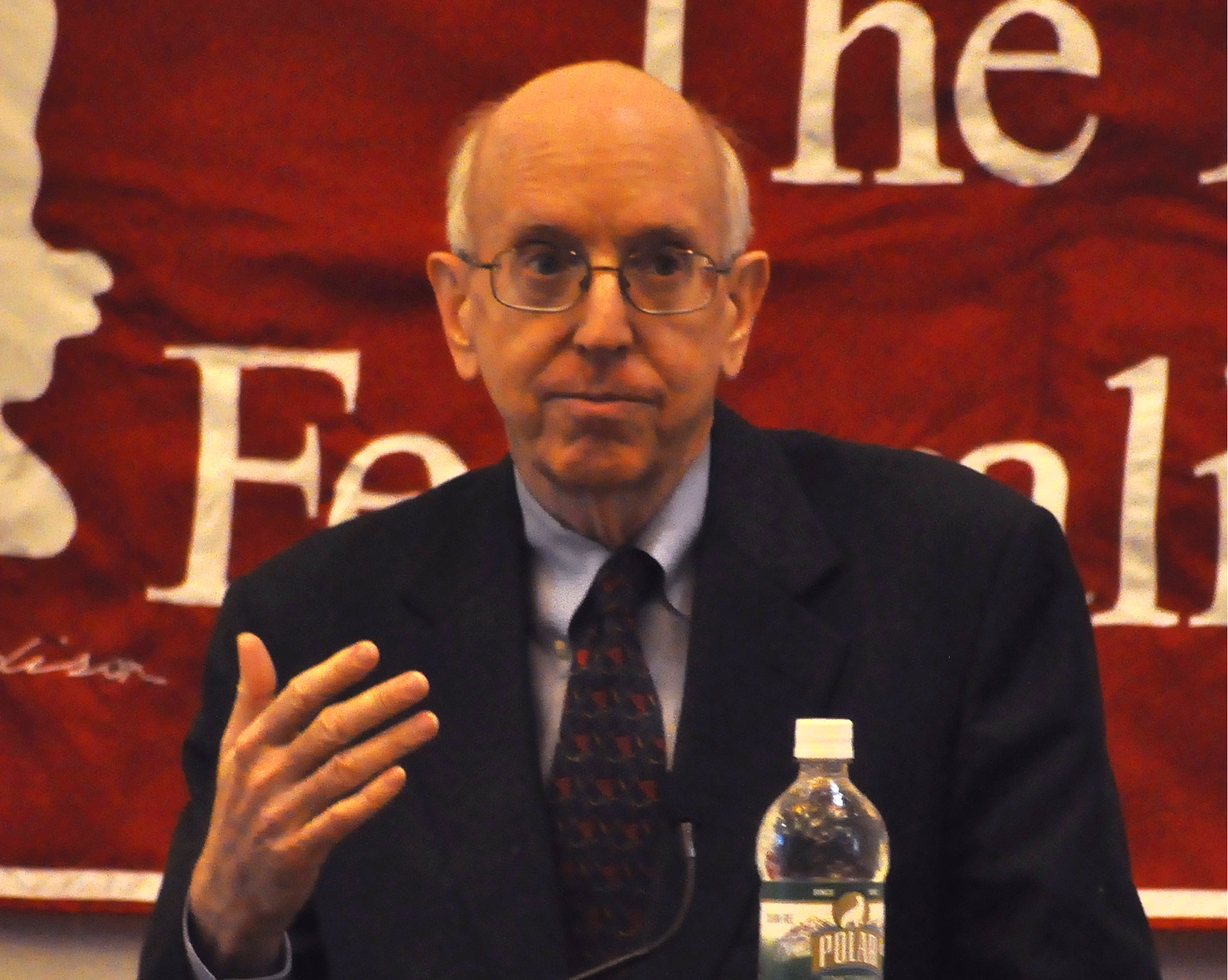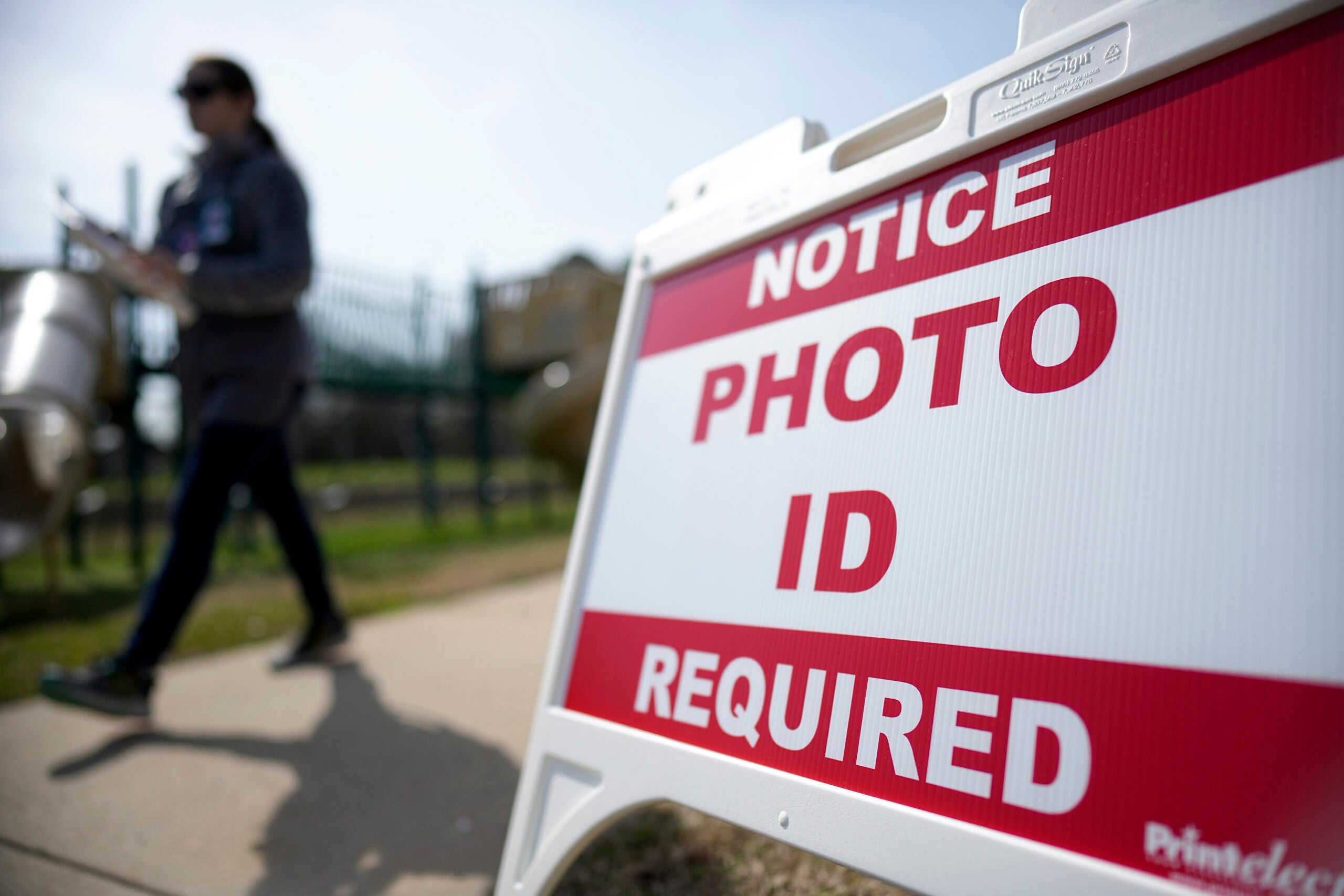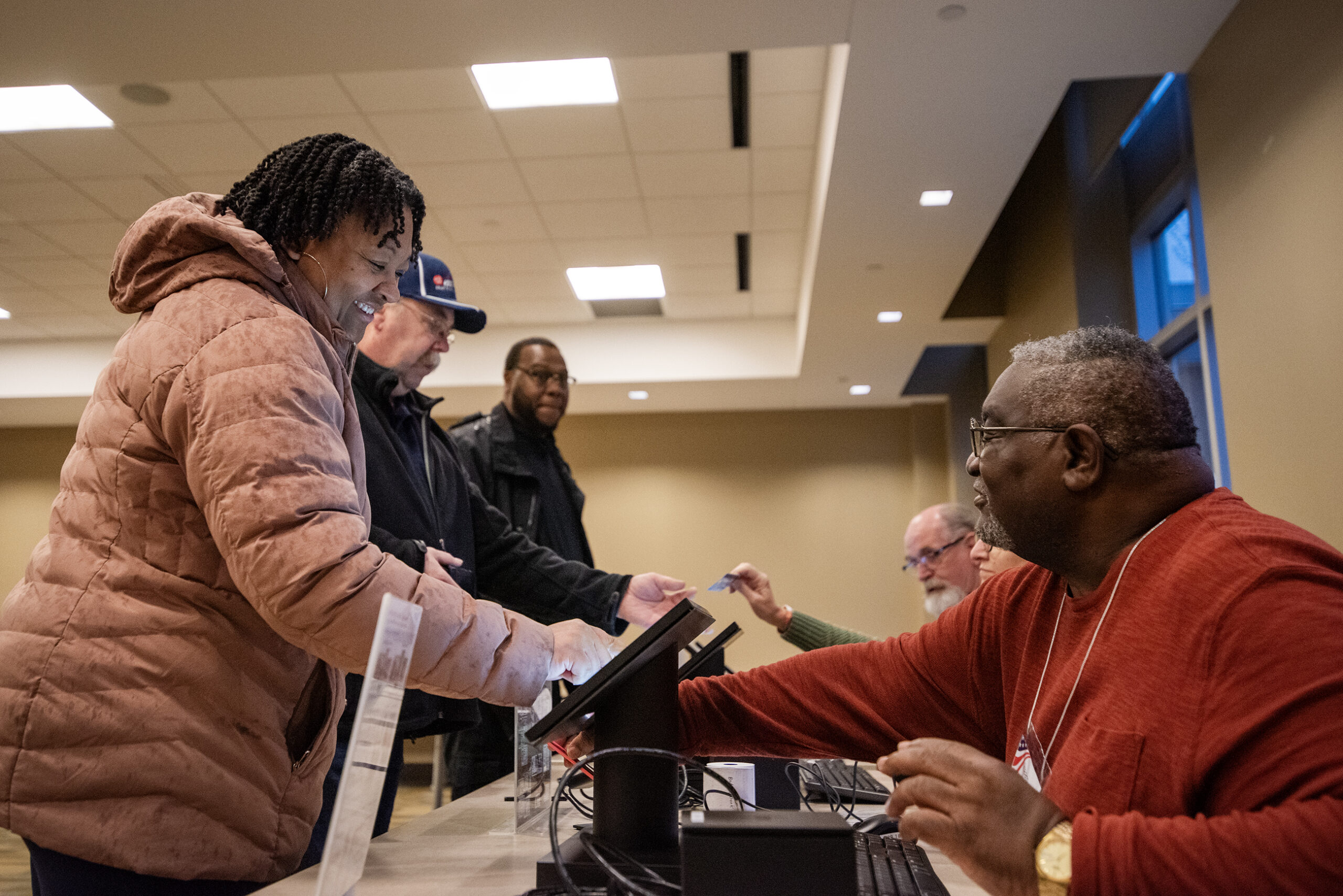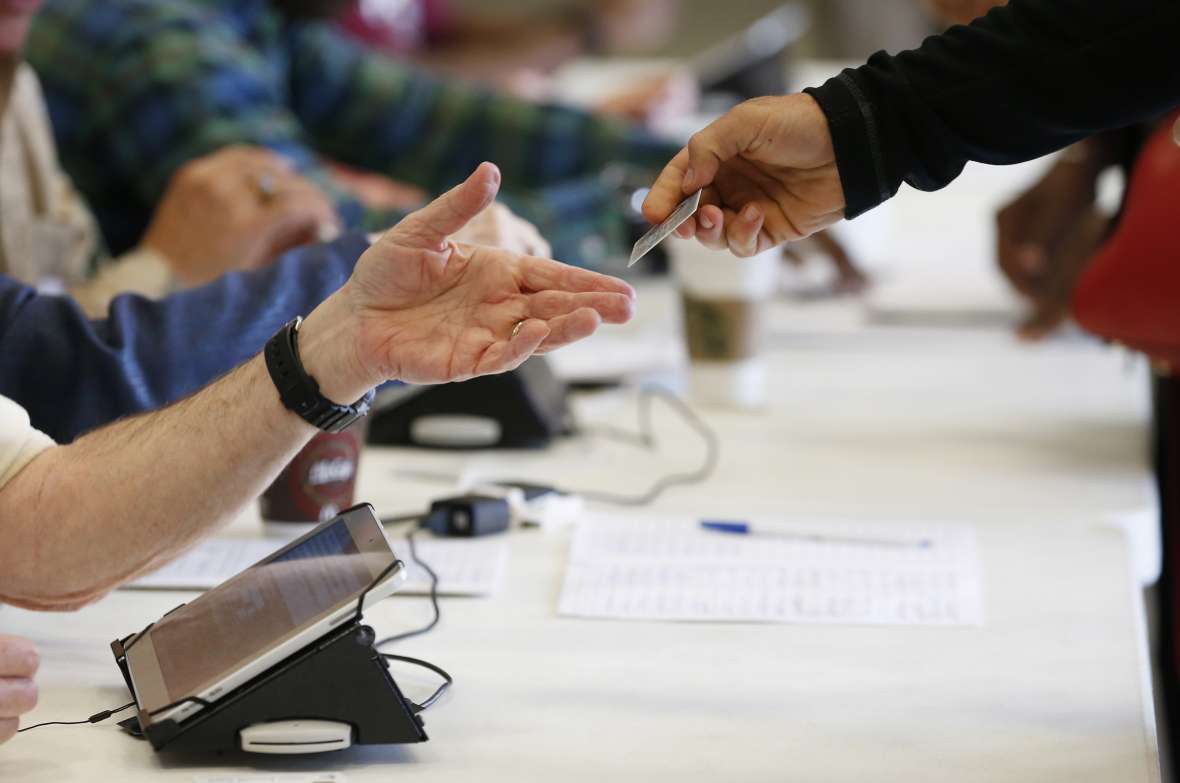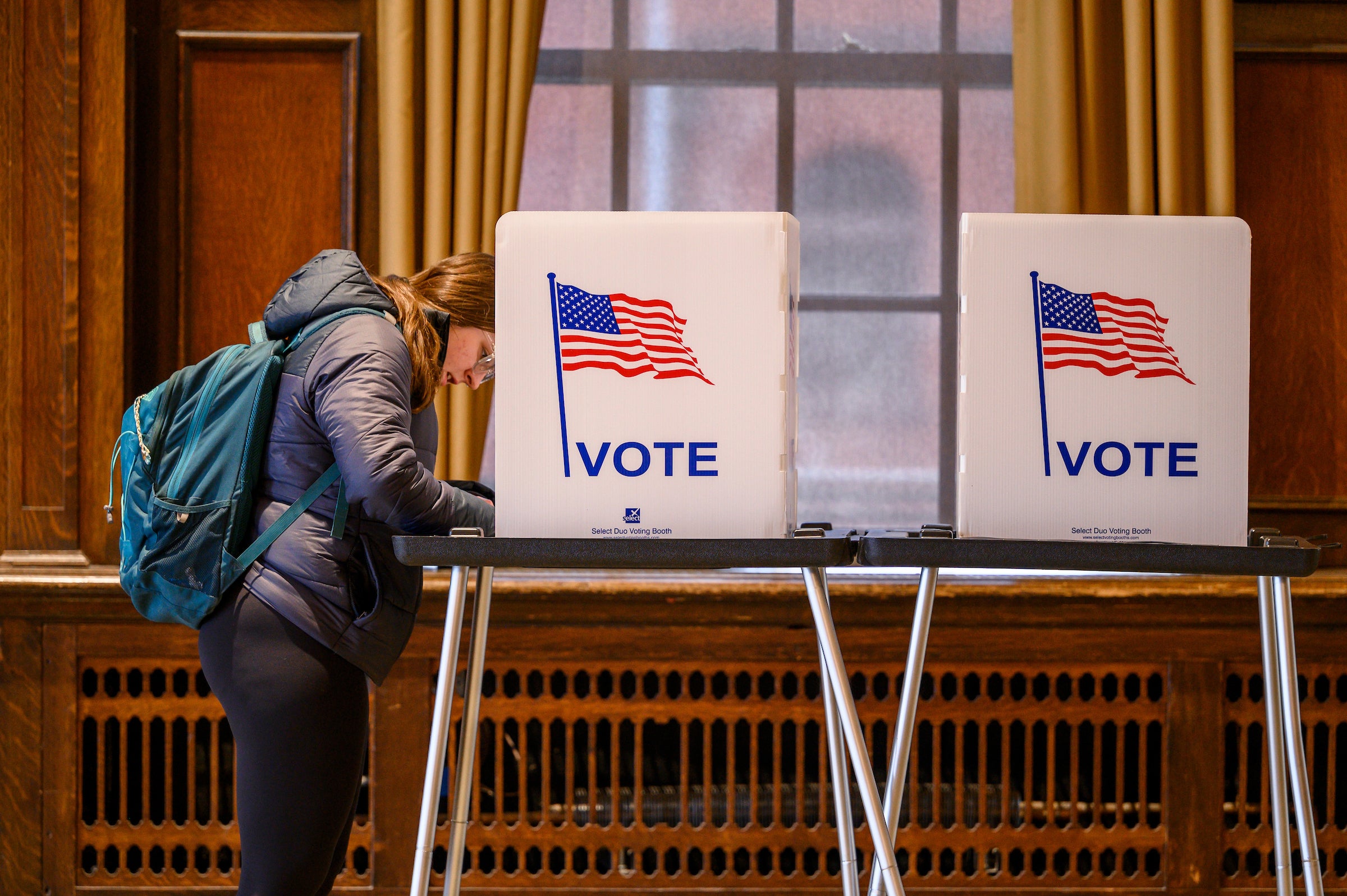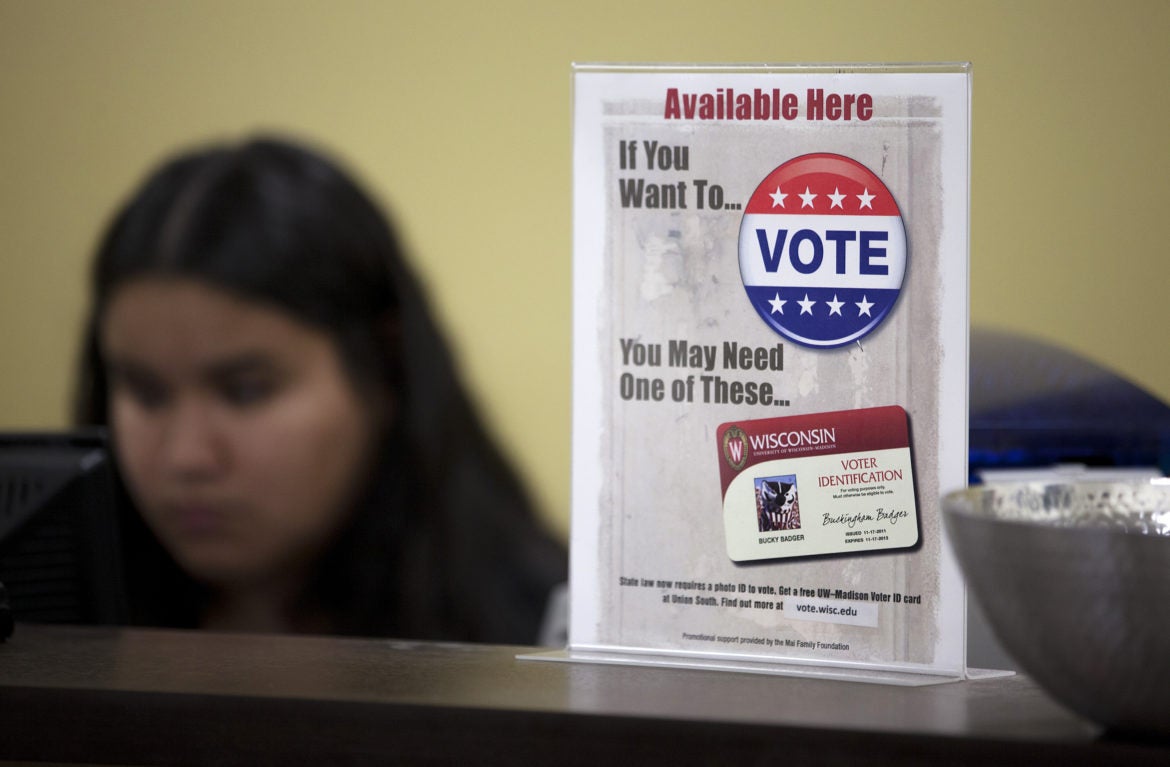The federal judge whose 2007 opinion on voter ID law was upheld as the law of the land could get a chance to either renew or revise his opinion by hearing Wisconsin’s voter ID lawsuit.
Judge Richard Posner authored the U.S. 7th Circuit Court of Appeals ruling that upheld Indiana’s voter ID law, which the U.S. Supreme Court affirmed a year later. Posner wrote at the time that states had a legitimate interest in taking such measures as a means of preventing voter fraud.
Posner, however, turned heads in book released last year with the passage: “I plead guilty to having written the majority opinion (affirmed by the Supreme Court) upholding Indiana’s requirement that prospective voters prove their identity with a photo ID — a type of law now widely regarded as a means of voter suppression rather than of fraud prevention.”
Stay informed on the latest news
Sign up for WPR’s email newsletter.
Ohio State University election law expert Daniel Tokaji said it wasn’t necessarily a change of heart by Posner.
“His point was that the evidence that the court had before it when it decided the Indiana case several years ago was quite limited,” said Tokaji.
Posner said as much in a subsequent article in The New Republic, writing that judges were not given “the data (they) would have needed to balance the good and bad effects of the Indiana law.”
Now, civil rights groups have filed a petition for the entire court to consider a legal challenge to Wisconsin’s voter ID law, after it was reinstated by a three-judge panel from the 7th Circuit earlier this month. Tokaji said the evidence in Wisconsin’s lawsuit is much more detailed, with a factual record of residents who contend the voter ID requirement will prevent them from casting ballots. Wisconsin’s case also raises different issues.
“In addition to the constitutional claim that was present in Indiana, we’ve got a claim of race discrimination under the Voting Rights Act that was not before the court at the time that it decided the Indiana case,” Tokaji said. “It would be perilous to predict any judge’s vote in one case based on the vote in a previous case on a different set of facts.”
For Posner to get another crack at voter ID, the court would first have to agree to an en banc session with up to 10 judges — something that very rarely occurs.
If the full 7th Circuit were to take the case, Tokaji said he sees no need for Posner to recuse himself. Plaintiffs’ attorneys agree. The Wisconsin Department of Justice had no comment.
Wisconsin Public Radio, © Copyright 2025, Board of Regents of the University of Wisconsin System and Wisconsin Educational Communications Board.
